Blog
With so much buzz about AI at present, we invite blog post contributions which demystify key topics.
And look out for our news updates!
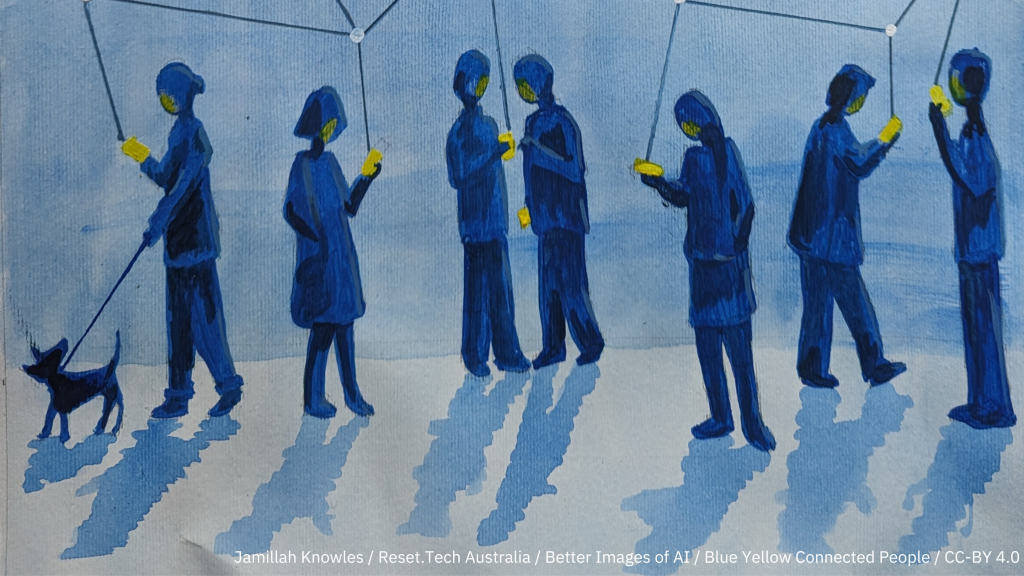


Our project aims to raise awareness and conceptual understanding of climate change by bringing the future closer. Conceptual interactive website to show precise and personalised impacts of climate change using AI and climate modelling. Bringing together researchers from different fields, the website aims to act as an educational tool that will produce accurate and vivid […]
Read More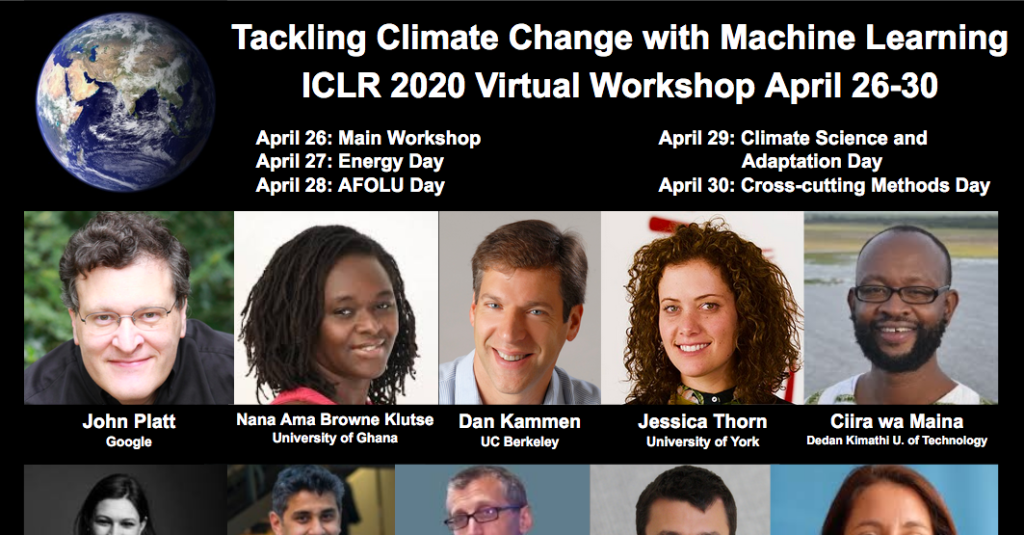
Case Study: Community perspective of the game-changing socio-economic value that could be achieved with better forecasts, especially among vulnerable communities. The paper presents a new way to view this opportunity by better understanding the problem, with the goal of inspiring the Climate Change AI community to contribute to this important aspect of the climate adaptation […]
Read More
Case Study: Most of Rwanda’s crop production comes from smallholder farms. The country’s agriculture officials have historically had insufficient data on where crops are cultivated or how much yield to expect — a hindrance for government’s future planning. Building on previous work with emerging technologies, machine learning, economics, and agriculture, the paper develops a new […]
Read More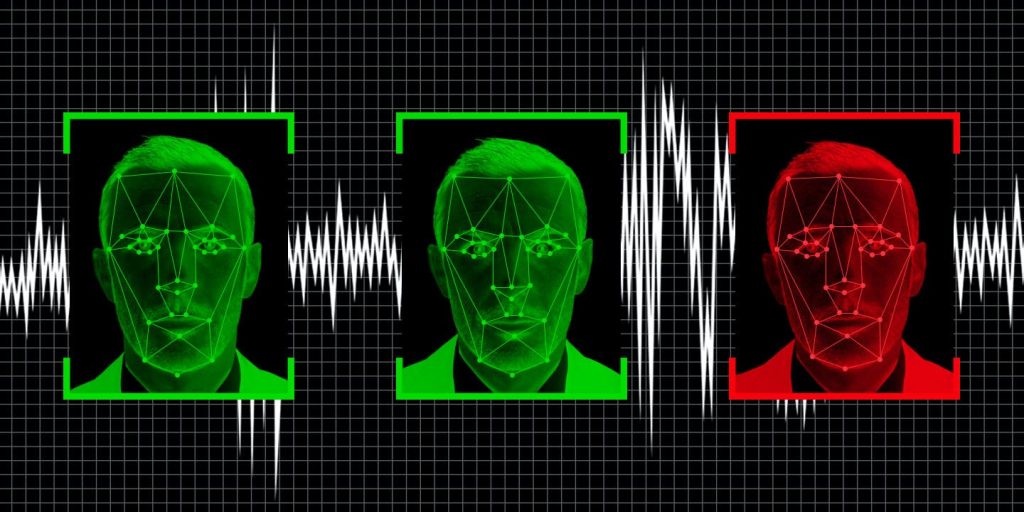
4.5 million euros have been pumped into the virtual policeman project meant to judge the honesty of travelers. An expert calls the technology “not credible.” IBorderCtrl’s lie detection system was developed in England by researchers at Manchester Metropolitan University. It claims that its virtual cop can detect deception by picking on the micro gestures the […]
Read More
The impact of AI on litigation. The current use of AI in reviewing documents, predicting outcome of cases and predicting success rates for lawyers. This article highlights concerns about fallibility and the need of human oversight.
Read More
We examine the impact of artificial intelligence on the UK’s legal sector
Read More
Law Society partner and equity crowdfunding platfrom Seedrs explains how developments within AI are taking law firms and solicitors to the next level. A article on how AI can be used in adjudication and law in general. It highlights that although AI has vast potential, there is not a broad adoption so far.
Read More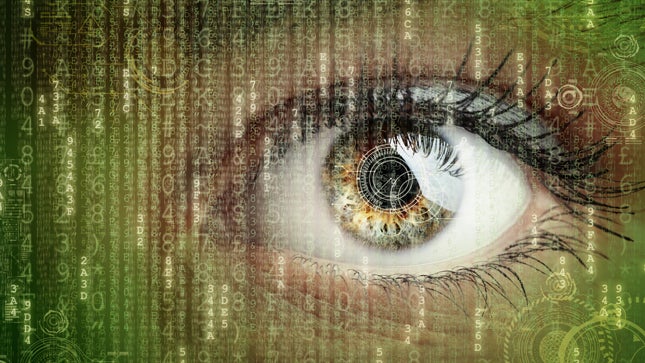
In their zeal and earnest desire to protect individual privacy, policymakers run the risk of stifling innovation. The author makes the case that using facial recognition to prevent terrorism is justified as our world is becoming more dangerous every day; hence, policymakers should err on the side of public safety.
Read More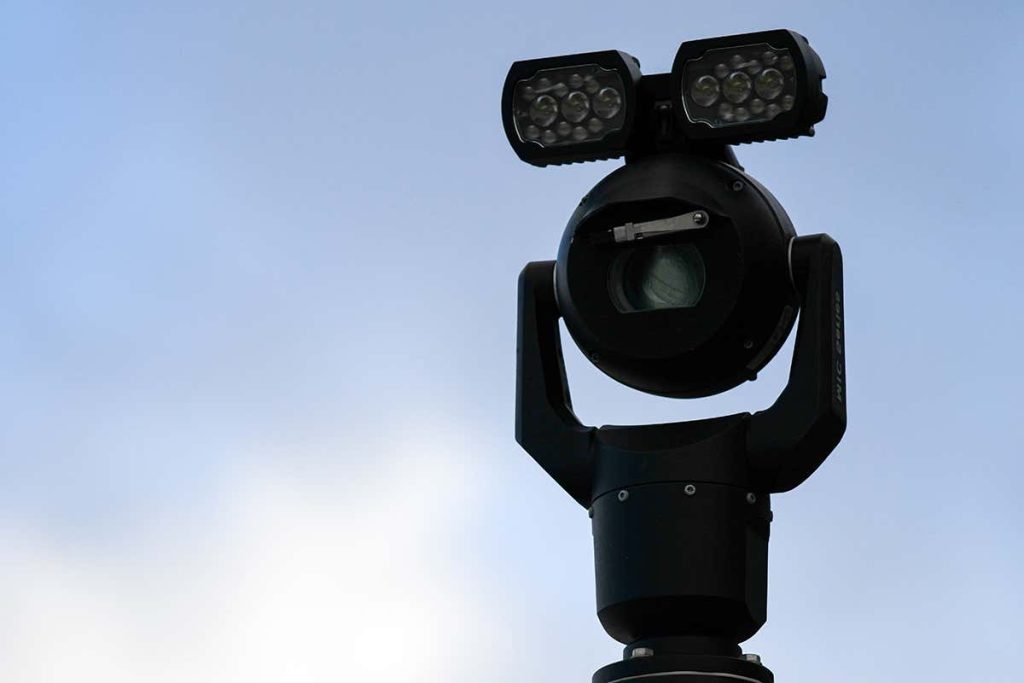
The UK Court of Appeal has determined that the use of a face-recognition system by South Wales Police was “unlawful”, which could have ramifications for the widespread use of such technology across the UK. The UK Court of Appeal unanimously decided against a face-recognition system used by South Wales Police.
Read More
UK police forces are largely adopting AI technologies, in particular facial recognition and predictive policing, without public consultation. This article alerts about UK police using facial recognition and predictive policing without conducting public consultations. It also calls for transparency and input from the public about how those technologies are being used.
Read More
The algorithms that detect hate speech online are biased against black people A new study shows that leading AI models are 1.5 times more likely to flag tweets written by African Americans as “offensive” compared to other tweets.
Read More